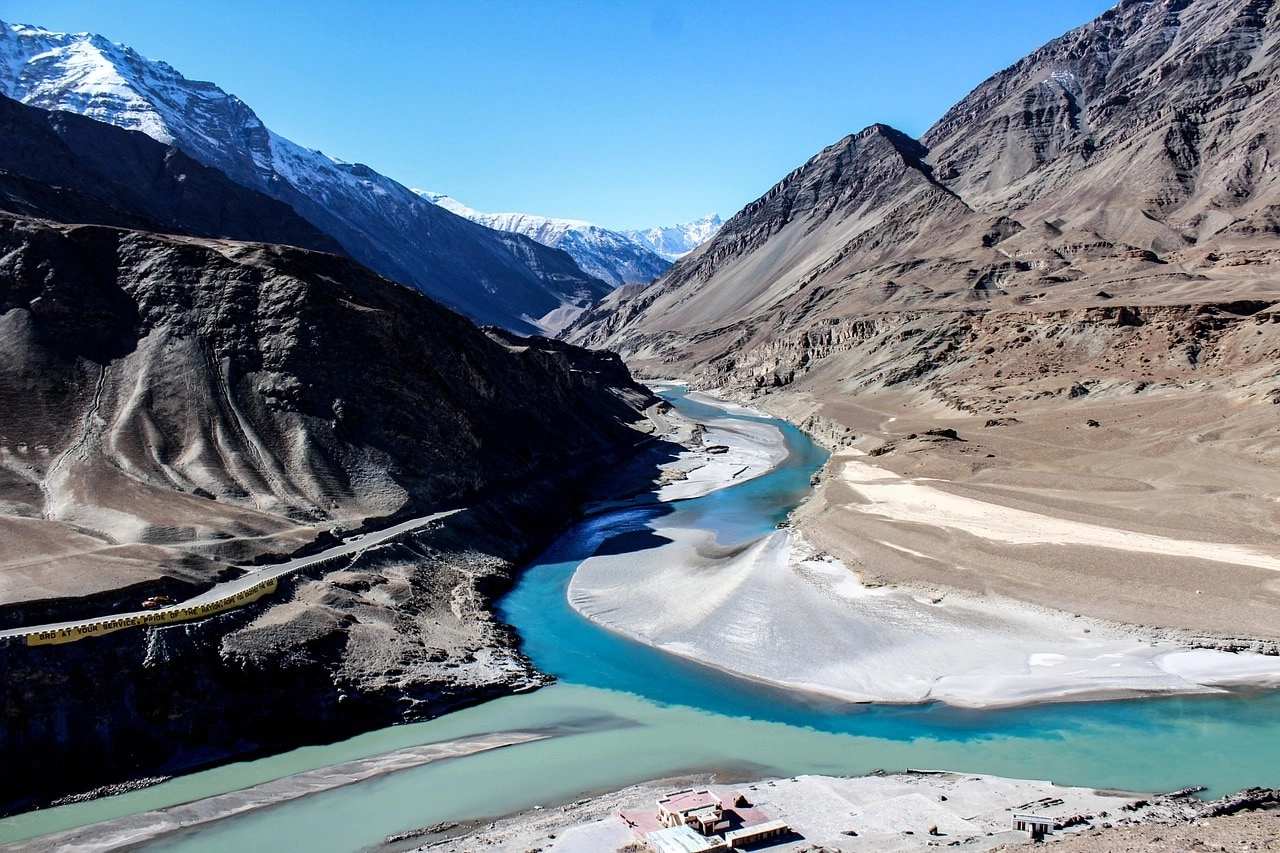The suspension of the Indus Waters Treaty has elicited a range of responses and considerations regarding India’s options in the aftermath of this significant geopolitical development. As the Indus Waters Ex-Commissioner, I have witnessed firsthand the complexities of water-sharing agreements and their implications for regional stability. The treaty, originally signed in 1960 between India and Pakistan, has been a cornerstone of water management in the Indus River Basin, governing the use of its waters for irrigation, domestic, and industrial purposes. With the treaty now suspended, India finds itself at a critical juncture where it must navigate both diplomatic and practical challenges.
One of the primary options available to India is to engage in renewed diplomatic efforts to address the concerns that led to the treaty’s suspension. This could involve leveraging international forums to advocate for a multilateral approach to water management in the region, allowing for broader participation in discussions that affect both countries. Additionally, India could seek to reaffirm its commitment to the treaty’s principles while addressing Pakistan’s grievances through constructive dialogue. Such a diplomatic route would not only help in restoring trust but also in reinforcing India’s stance as a responsible steward of shared water resources.
On the other hand, India could explore unilateral measures to manage its water resources more effectively. This might include investing in infrastructure projects, such as dams and reservoirs, to enhance water storage capacity and optimize water use. While this approach could provide immediate relief to domestic water needs, it also risks escalating tensions with Pakistan if perceived as infringing upon shared water rights. Therefore, India must carefully weigh the potential benefits against the geopolitical ramifications of such actions. Ultimately, the objective should be to ensure that any measures taken do not exacerbate existing conflicts but rather contribute to a more sustainable and cooperative water management framework in the region.
In conclusion, India’s response to the suspension of the Indus Waters Treaty will require a delicate balance of diplomacy and strategic resource management. The path forward should prioritize dialogue and cooperation, recognizing that water is a shared resource that transcends national boundaries. Only through collaborative efforts can India and Pakistan hope to address their mutual challenges, foster regional stability, and ensure equitable access to the vital waters of the Indus River Basin. As the situation evolves, it will be crucial for both nations to engage constructively and work towards a solution that benefits all stakeholders involved.




